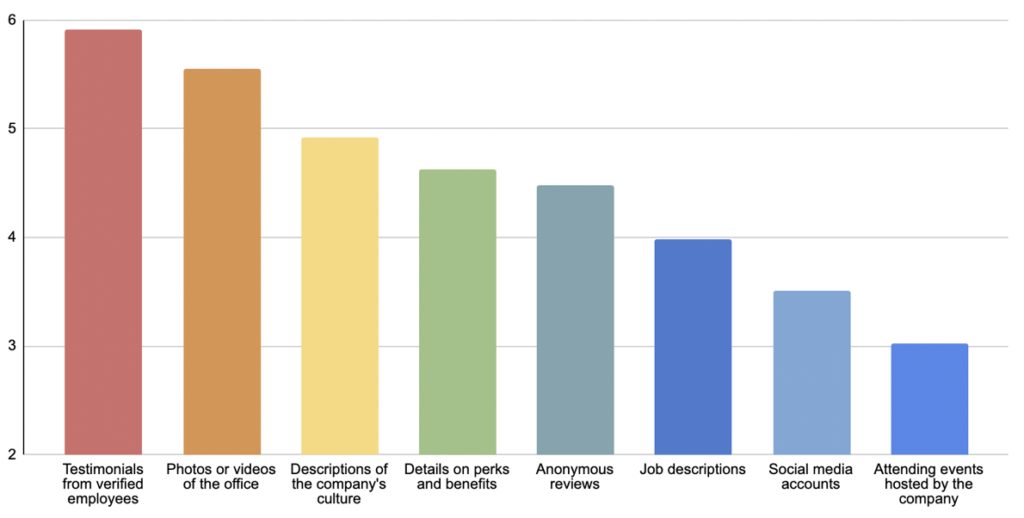Talent hoarding has been around since the beginning of time. If you were good at hunting and gathering, some bigger stronger caveman was going to keep you around and not let some other cavemen lure you away!
In today’s world, talent hoarding begins when a manager doesn’t identify someone who works for them as promotable when they most likely are. The organization uses its leaders to understand who is ready for that next-level position. Certain managers, tend not to openly report they have such a candidate in their group, so they can keep that talent performing for them. This makes their life easier.
But, let’s not just blame these managers of people. There’s another organizational design issue that causes talent hoarding. Manager performance, and often parts of their compensation, are based on “team performance”. That being the case, it’s to a manager’s advantage, and the team’s advantage to keep talent. Almost no organizations incentive managers to promote people off their team into other parts of the organization.
There was a study just released in 2022, appropriately titled, “Talent Hoarding in Organizations” that showed that:
“Temporary reductions of talent hoarding increase worker’s applications for promotions by 123%. Marginal applicants, who would not have applied in the presence of talent hoarding, are three times as likely as average applicants to land a promotion.”
What the study determined, was that if you did not have any barrier to letting someone apply for promotion, your way more likely to be promoted! Things like you must first have your manager sign-off on your readiness, or things like having managers put names forward, etc.
Organizationally, we know also that talent hoarding often pushes talent to leave. Basically, if you aren’t going to promote me, I’ll use the free market to get a promotion somewhere else. In a talent market, as we have right now, that is happening at a massive scale. We see organizations implementing new internal mobility strategies to help counteract this, but it’s barely making a dent still, primarily because most of these strategies still rely on some sort of manager performance metric to allow someone to move internally.
Can we eliminate or reduce talent hoarding?
Short answer, yes. The longer answer, it’s hard!
First, we are talking about centuries of institutional dynamics at play. Generation after generation of leaders were raised under this framework. Thus, we have major change management issues to conquer.
Second, we would need to eliminate the negative side, or at least counteract the negative side of team promotion, with a positive side for the manager and team. This is the “coaching tree” analogy. Great coaches hire assistants and teach them how to be great coaches and those coaches go on to peer level roles. When you talk about the greatest sports coaches of all time, one major factor is their coaching tree. How many other coaches did they create? And, how good were those coaches?
If we can find a way to reward, and not punish, managers for promoting talent within the organization, which is greater than the reward for keeping great talent, we will have a much better chance at stopping talent hoarding. That is difficult. I don’t think I’ve ever heard of an organization that has figured out the value of the theoretical “coaching tree” for a manager. Meaning, if I promote someone off my team, what is that worth to me, as the manager?
It’s a hard question to answer because it’s very specific to position and organization. If I’m at Apple and I “grow” a new Engineering Manager, from a Software Engineer, that I’ve mentored, there is considerable value in that happening! If I’m managing a fast food restaurant and mentor an hourly worker into a salaried manager, that is less valuable, by dollar amount, but still very valuable to the organization.
The reality is, you have no shot if you don’t try and answer that value equation!
You can have some success, by just eliminating all barriers to promotion and allowing anyone to apply. You will still have some that won’t, as managers will still have formal and informal influence over those that work for them. So, it’s not perfect. But, you’ll get more, than by asking your managers alone.
Also, just eliminating barriers could create a gender issue as we know through many studies men or more willing to apply to jobs they aren’t qualified for than women, so barrier elimination will most likely get you more male applicants, who you will promote, leaving more women behind. We actually need our leaders to help us identify and promote our great female next-level hires.
When talent is scarce, like it is now, talent hoarding will be worse. Talent hoarding is bad for your culture and it’s bad for your talent. And it’s happening right now in your organization.



